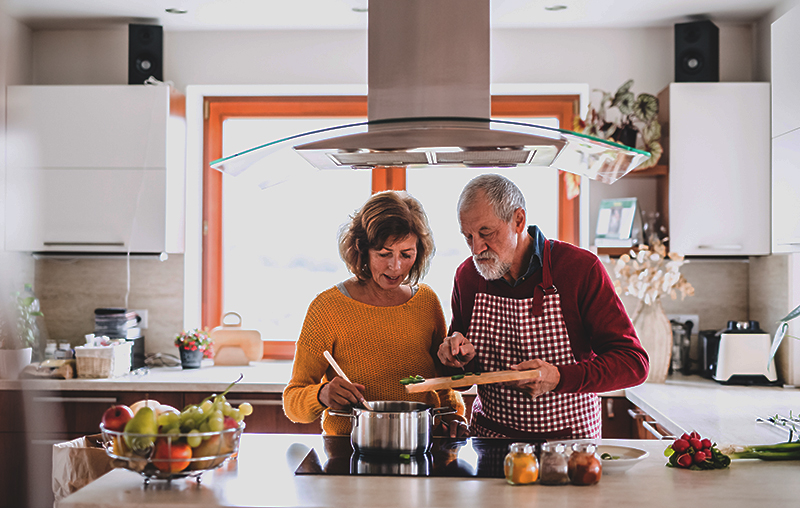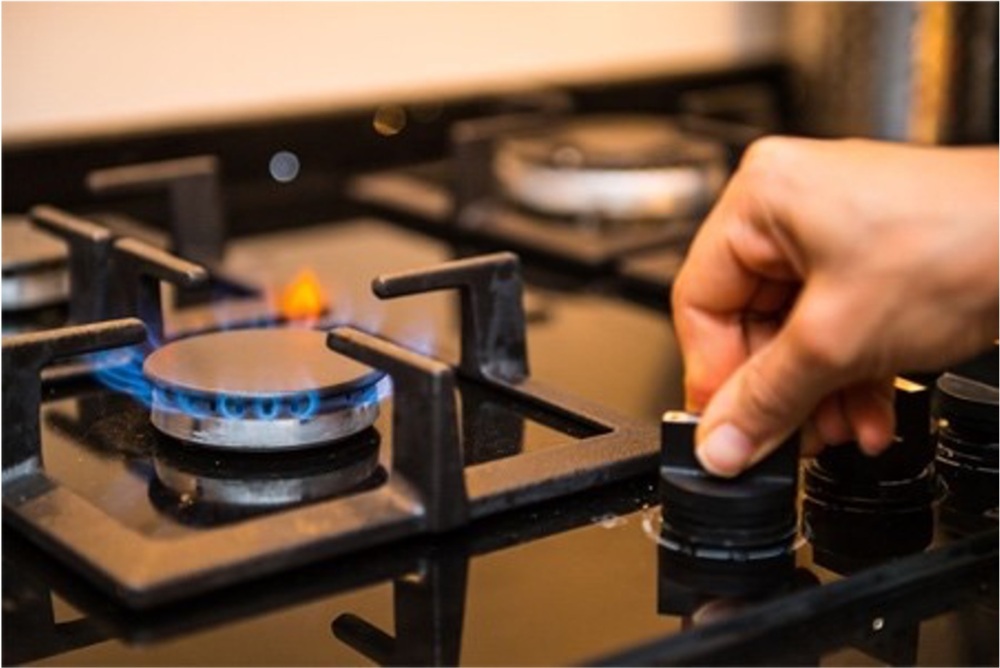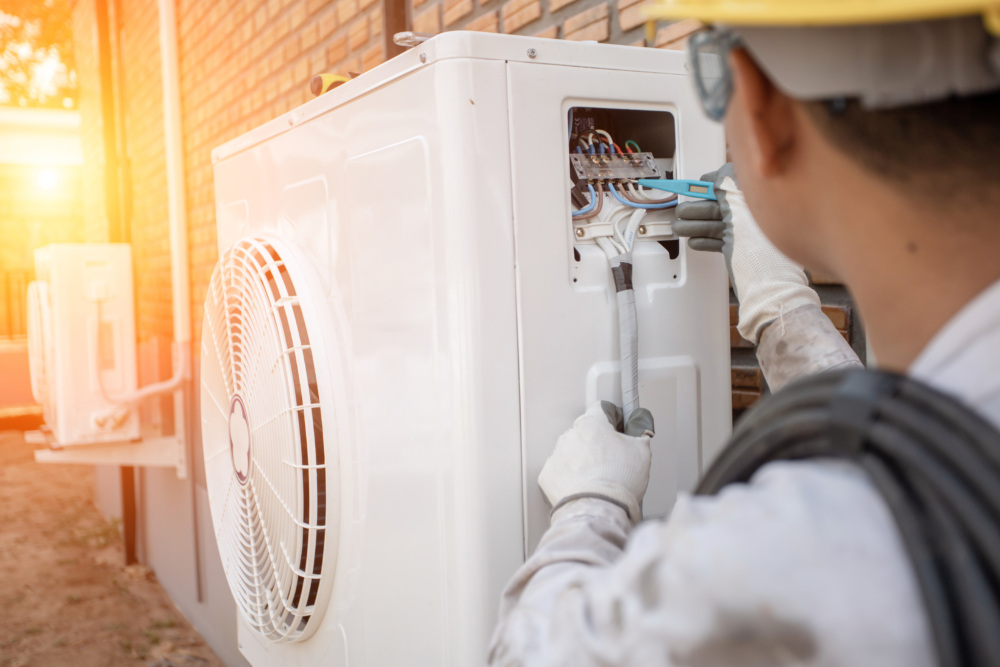The Induction Revolution: Top Chefs Embrace Electric Cooking
Top UK chefs showcase the benefits of electric cooking, advocating for cleaner, healthier, and more efficient working kitchens.
The shift to induction stoves is gaining momentum in professional kitchens around the world, as demonstrated at the Global Cooksafe Coalition’s (GCC) launch in the United Kingdom on 3 June 2024. CLASP participated in the event, along with world-renowned chefs, public health and climate experts, and industry leaders. There was consensus in the call for a rapid transition from fossil fuel powered cooking to healthier, affordable, and safer electric kitchens powered by renewable energy.
Key Takeaways from the Event
- Culinary excellence: Modern electric cooking technologies provide excellent cooking performance for both professional and home kitchens as they offer precise temperature control and the ability to heat food faster.
- Health and safety: Transitioning to electric cooking can significantly improve indoor air quality and reduce health risks associated with gas cooking. Electric cooking also creates safer cooking conditions, with more manageable room temperatures for chefs, compared to open flame stoves. This reduces heat-related stress and fatigue and leads to higher productivity and better physical and mental health.
- Environmental impact: Electrifying kitchens is a critical step in decarbonizing restaurants and homes, lowering climate emissions, and achieving global climate targets.
- Economic viability: Electric stoves are much easier to clean than gas stoves, saving restaurant staff hours each week. In addition, renewable energy combined with electric appliances offers a cost-effective and stable energy solution, reducing dependency on volatile fossil fuel markets.
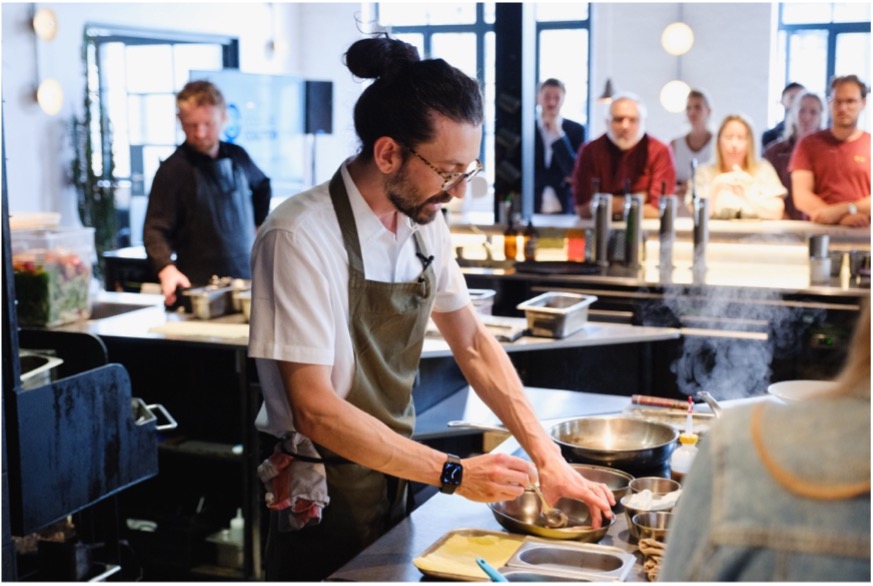
I worked in a couple of kitchens doing pop-ups and things where they had induction suites and I just really enjoy working on them. I loved the control. I loved the ability to clean it so easily and also not having so much heat generated from it. I actually switched my entire house to induction very recently. I just felt it was the future.Chef John Chantarasak
Owner of AngloThai
Top UK Chefs Embrace Electric Cooking
During the event, professional chefs and GCC ambassadors, John Chantarasak and Chantelle Nicholson, along with Chef Douglas McMaster, highlighted the advantages of electric cooking. They demonstrated how modern induction stoves offer precise control and superior cooking quality, dispelling common misconceptions about electric cooking’s limitations.
The Future is Electric
Chefs around the world are increasingly embracing electric alternatives like induction, making it a compelling option for households as well. Innovations in electric cooking technologies cater to all varieties of culinary needs.

Induction is just so accurate, so precise, so clean. It’s 3 times more efficient. It’s absolutely the way forward.Chef Douglas McMaster
Owner of Silo London
By using electromagnetic energy to directly heat cookware, induction stoves produce less ambient heat, creating a safer, healthier, and more comfortable work environment, particularly during busy restaurant shifts. The absence of open flames on electric or induction stoves also reduces the risk of accidental fires and eliminates pollutants caused by burning gas.
Reducing Risks for Healthier Homes
Electrifying kitchens is a solution to growing health concerns. Cooking with gas releases toxic pollutants, such as nitrogen dioxide and benzene, into kitchens and homes. It puts people at greater risk of respiratory diseases like asthma, particularly for vulnerable groups such as children or those with pre-existing health conditions. There is growing evidence linking combustion-related air pollution with adverse health effects on brain development in young children. For adults, emissions from gas cooking can lead to negative impacts on the brain, respiratory, and nervous systems.
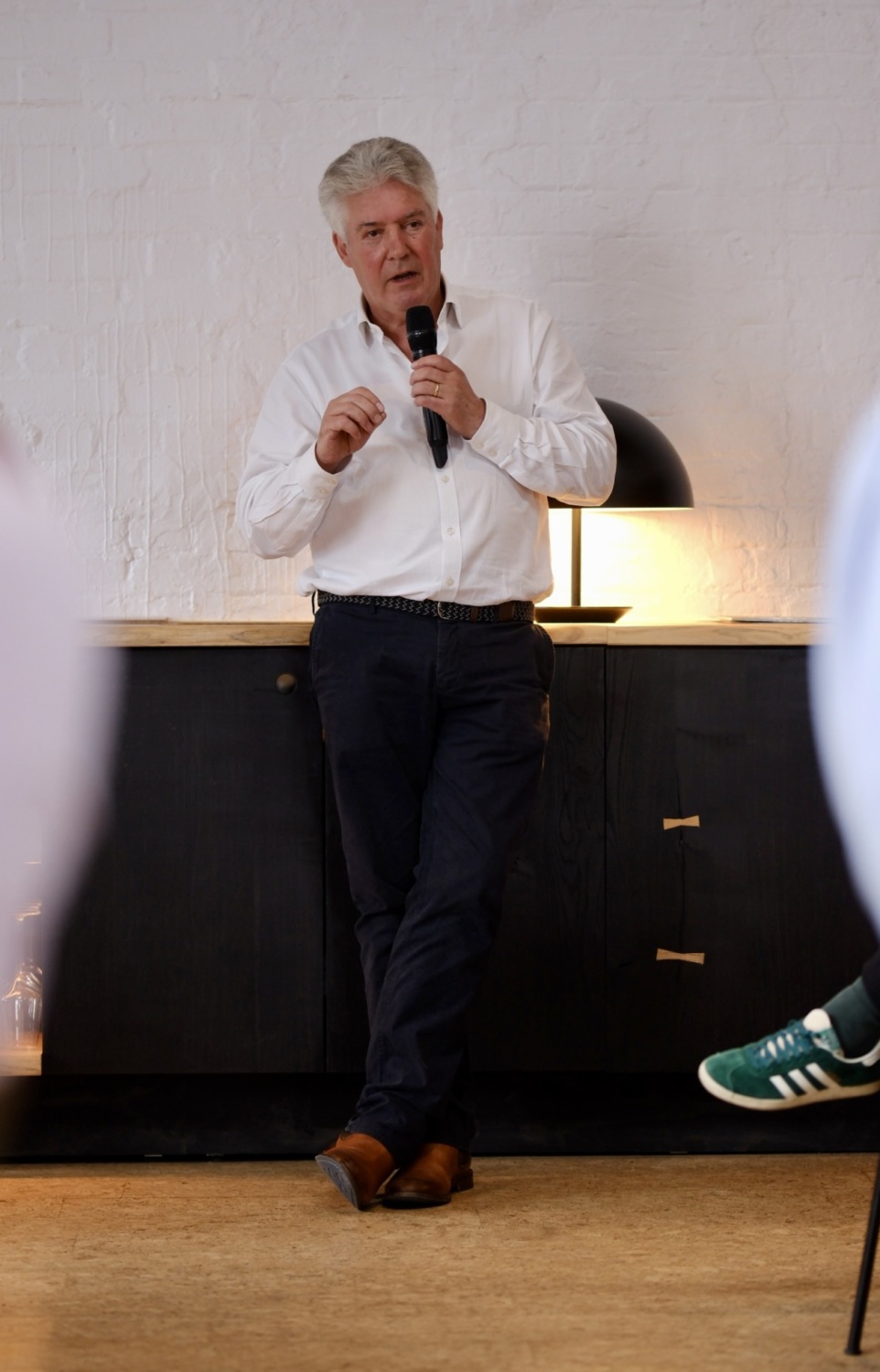
We spend roughly 80% of our time indoors – in our homes, in our schools, in our workplaces. So why has all the focus and concentration been on what we breathe outdoors when we’re potentially at more risk breathing what is present in indoor air?Professor Frank Kelly
Battcock Chair in Community Health and Policy, Imperial College London
Transitioning to electric appliances and ensuring proper ventilation can help lower the risks of gas cooking. For people who cannot adopt electric options, there are several ways to minimize exposure to gas cooking emissions. Find out how to improve the air quality in your home when you use a gas stove or oven.
About the Global Cooksafe Coalition
As a founding member of the GCC, CLASP supports the coalition’s mission by researching cleaner, more efficient electric alternatives while also addressing the health and environmental impacts of cooking with gas. Together, CLASP and GCC work for a healthier and more sustainable future for all.
More information about CLASP’s research on gas and electric cooking: www.clasp.ngo/cook-cleaner-europe
For more information about the GCC’s launch in the United Kingdom: www.cooksafecoalition.org/grosvenor-lendlease-electric



